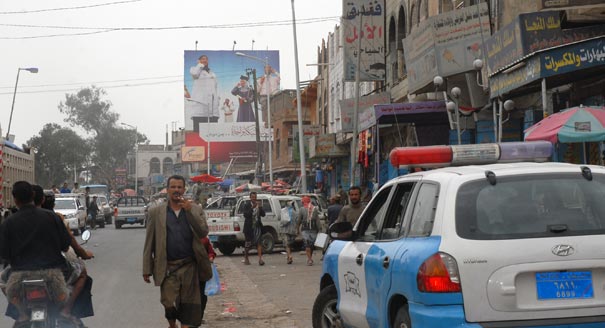Pakistan’s police force has historically been constrained by the military and intelligence agencies and often politicized as an instrument of repression against opposition groups. Frédéric Grare writes that reforming civilian security forces will diminish Islamabad’s dependence on the military and increase the legitimacy of the regime.
Recommendations for Pakistani policy makers
- Remove military oversight of the police. The armed forces’ involvement in selecting police leaders will ultimately lead to the militarization of the police.
- Guarantee police receiving U.S. assistance serve only as police. The United States and other donors need to be reassured that their money is being spent as intended. When officers are redirected to military operations or counterterrorism it diverts the time and resources needed to develop into a successful institution.
- Utilize lessons from good models. The National Highways and Motorways Police is a branch that has not been politicized and has avoided the leadership and funding problems experienced by other agencies.
Recommendations for U.S. policy makers
- Implement the Kerry-Lugar-Berman bill. The civilian assistance legislation sponsored by Senators Kerry and Lugar and Congressman Berman provides a promising framework but is limited by competing objectives. Long-term goals of political and democratic reform are at odds with the short-term goal of gaining cooperation from the Pakistani army in the fight against terrorism.
- Support the strengthening of police capabilities. Many officers resent their dependence on an army that tends to monopolize resources and impedes their room to maneuver.
“Police reform should not be allowed to serve as an alibi for the Pakistani intelligence agencies’ selective fight against terrorism,” writes Grare. “Only under these conditions will the Pakistani police become an effective instrument for fighting terrorism and a contributor to security and stability in Pakistan and beyond.”





